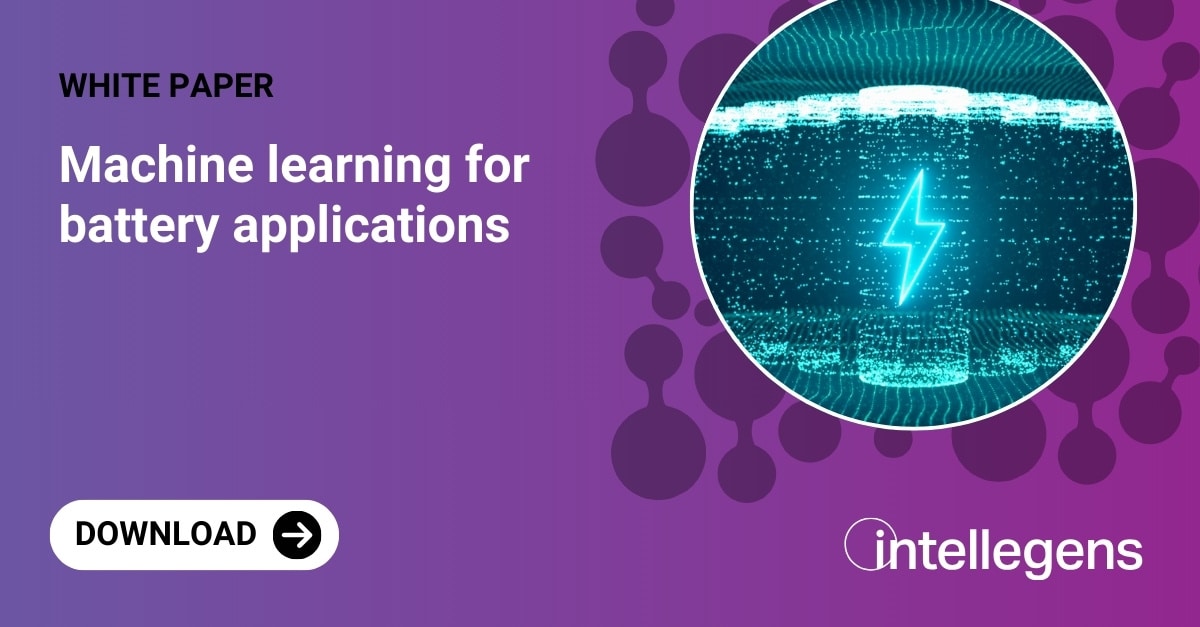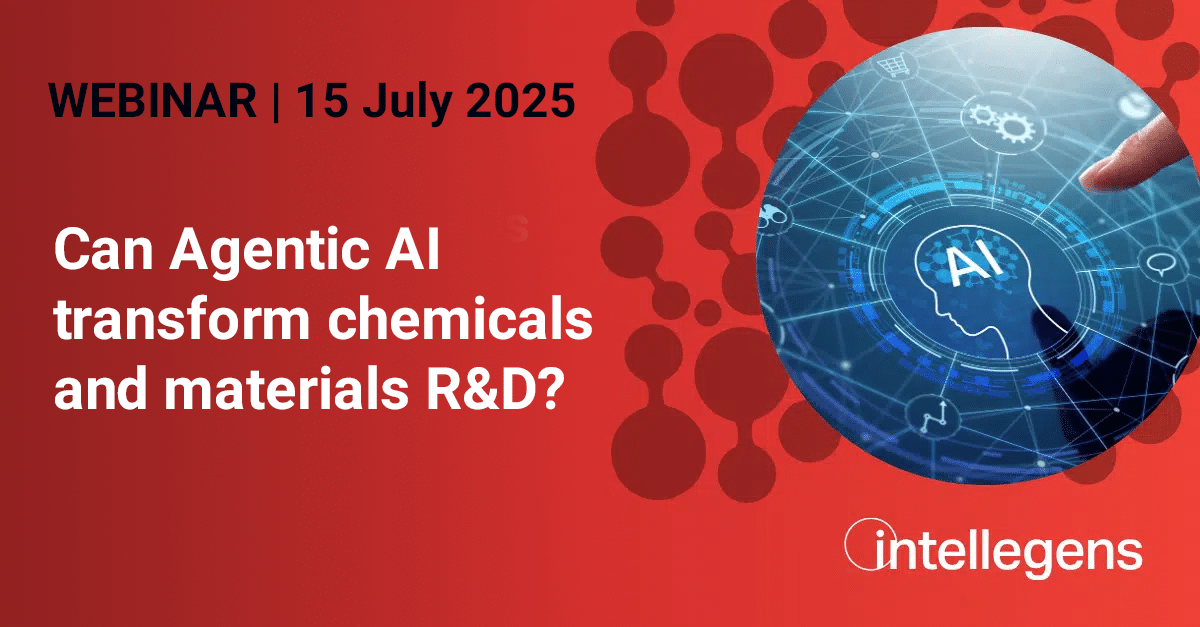In this white paper, we discuss the challenges of applying machine learning to battery development, how these are overcome, and provide three case study examples from across the battery value chain.
- Optimise battery materials and formulations while reducing experimental workload
- Improve battery pack design and reduce the number of prototypes
- Enable battery management systems to extract maximum performance
Executive summary
The battery industry is growing dramatically, driven by the needs of electric vehicles, consumer devices, and energy storage for renewable sources. Any approach that delivers improved battery technology sooner, or that aids safety and efficiency, will attract significant interest. Machine Learning (ML) is one such method. But there are limitations on applying ML to battery R&D due the real-world data involved, the complexity of the problems being studied, and deployment challenges for ML tools.
In this white paper, we introduce the Alchemite™ deep learning software, which has been developed to overcome these obstacles. We outline case studies of its use in three key areas across the battery value chain: battery materials and formulations, battery pack design, and battery management systems. The examples show how ML can help to maximise the performance of battery systems, cut experimental workload by up to 80%, minimise cost and environmental footprint, reduce defects, and increase efficiency through standardised processes.


